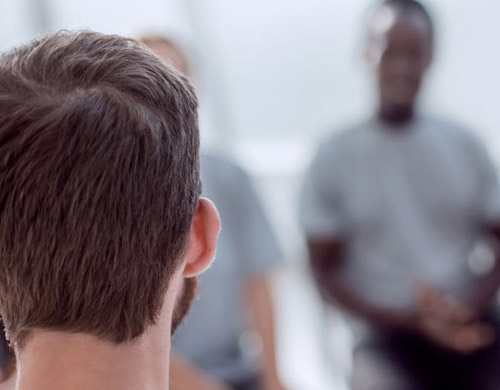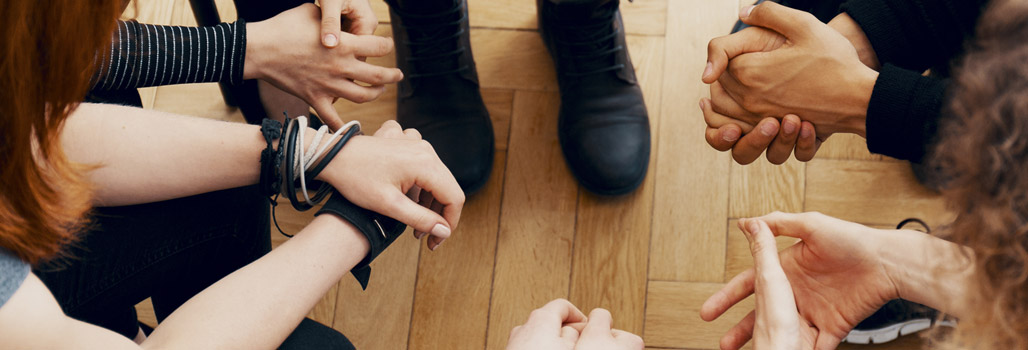When you or someone you care about has an alcohol or drug addiction you may struggle to understand how to address it. However addiction is a treatable illness and by using proven and professional rehabilitation interventions, recovery from drug and alcohol addiction can be achieved.
Learn about how sober living can be achieved if you or a loved one can apply an integrated addiction treatment approach.
What is Addiction Rehab (Rehabilitation)?
When we talk about ‘rehab’ for addiction, it includes therapeutic interventions and medical treatments required to address addictions on substances such as prescription drugs and illegal drugs including cocaine. Rehab treatment is best when it is tailored to suit your unique lifestyle involving a medically-managed detox, residential and outpatient services, as well as relapse prevention techniques.
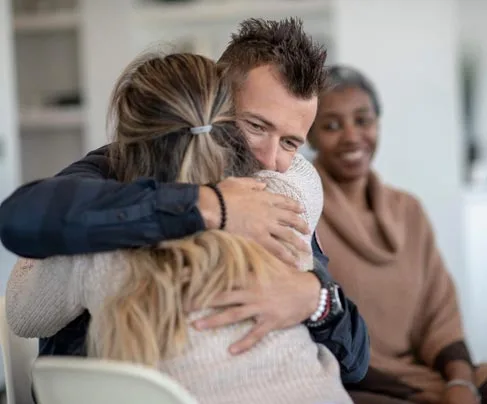
Facts & Statistics about Addiction in Gilroy
Prevalence of Substance Use Disorder, by Drug Type
(IN THOUSANDS)
- 2,7578.5%Any Substance
- 2,0886.4%Alcohol
- 1,0683.3%Ilicit Drugs
- 2060.6%Pain Medication
Drug- and Alcohol-Induced Deaths by Age Group, California, 2016
- Alcohol-Induced
- Drug-Induced
- 18 to 250.5
- 9.6
- 26 to 354.3
- 13.9
- 36 to 6424.2
- 22.9
- 65+23.7
- 9.4
Drug Use, by Selected Type and Age Group California, 2015 to 2016
- 12 to 17
- 18 to 25
- 26+
- Marijuana*13.2%
- 34.0%
- 13.5%
- Misuse of Pain Medications3.5%
- 8.0%
- 4.3%
- Cocaine0.8%
- 7.2%
- 1.8%
- Heroin0%
- 0.4%
- 0.2%
What are the treatment options available in Gilroy?
A consolidated treatment approach provides a successful way to identify and address the prime causes of substance and alcohol use disorders. Learning coping strategies to treat the main causes of your substance dependency is just as crucial as treating the symptoms of addiction.
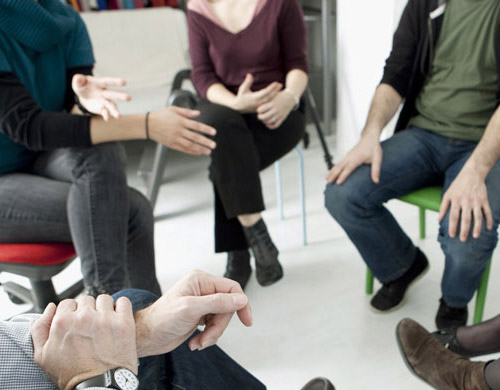
Private Residential Programs
Residential rehab programs require you to remain on the same property that you are getting treatments in. A primary benefit is that you will receive integrated support and treatment every day.
There is enormous value in removing yourself from the home environment and becoming fully engaged in the treatment program, because you are not exposed to the stressors and triggers that may cause you to use drugs. If you stay in a secure environment that is designed to be supportive, you have a greater chance of successfully completing your treatment program while protecting yourself against relapse and its associated pitfalls.
Inpatient treatment programs are useful for clients with intense drug and alcohol dependencies, co-occurring disorders or dual diagnosis. An inpatient addiction treatment program will support you in getting sober, however maintaining sobriety will require ongoing effort as the first year of recovery are usually challenging. On completion of your residential addiction treatment program, you will transition towards further independence as you consider your goals for your new substance-free life.
Do You Need Help?
We work together towards recovery.

Sober Living Programs
Sober living programs enable those in recovery build greater control over their lives, with support and some guidance. These programs typically have:
- Round-the-clock check-ins from the house manager
- Creating guidelines to help your behavior in recovery
- Guiding you to develop strong relationships with peers who are going through similar difficulties to you
Outpatient Programs
Outpatient addiction treatment programs are typically more flexible and allow you to have treatment at the treatment center while you continue important job or family commitments.
Outpatient programs typically provide you with:
- Education on drug use
- Counseling and therapy which includes Cognitive Behavioral Therapy or group sessions – Your individual needs can determine the course of your outpatient program, which may extend from a couple of months to over year.
Detox Only Programs
A medical detox is beneficial because you can remove drugs and alcohol from your system in a safe way and put an end to to physical dependence. Symptoms of withdrawal will appear during the detox phase because your body begins to stabilize without alcohol or substances it was dependent on. Once you get through the worst of physical withdrawal you will begin the second phase of your rehab journey, working on the underlying causes of your dependency to put a stop to the cycle of drug addiction or alcoholism.
Once alcohol or drugs have been removed from your system you may notice some cravings for it, along with some withdrawal symptoms for an extended period of time. Your chances of relapsing will be limited as you build on the skills required for long-term success.
Paying for Private Treatment
Private rehab will need to be settled directly or claimed through your healthcare policy. A good selection of health insurance providers cover some of the costs of rehab, which includes detox, the rehab program, medicines you may need and aftercare programs. The amount of cover offered by your policy is down to your provider and the terms of your policy.
We recommend that you determine the amount you can claim from your cover before you take part in a treatment program. You can visit our Verify Your Insurance page for more details on the cover you can claim for. If you do not want cover from your insurance provider, you will be responsible for paying directly for your treatment. A number of rehab centres offer payment options to clients so that cost is not a barrier to treatment.
State Funded Programs
If you want to address your substance or alcohol dependency but cannot afford private rehab, you should consider a state-funded rehabilitation program. These programs exist thanks to Medicaid and state/federal budgets to facilitate recovery through:
- Medically supervised detoxes
- Rehabilitation services and aftercare support
Those lacking private health cover or live in households where the combined income is low may apply for a state-funded rehab program. To begin the process, you will need to provide:
- Supporting Evidence that you are a US resident
- Proof of income
- Proof of address
- Medical details about your drug or alcohol addiction issues
Click here to more about applying. This booklet has contact details for your state agency.
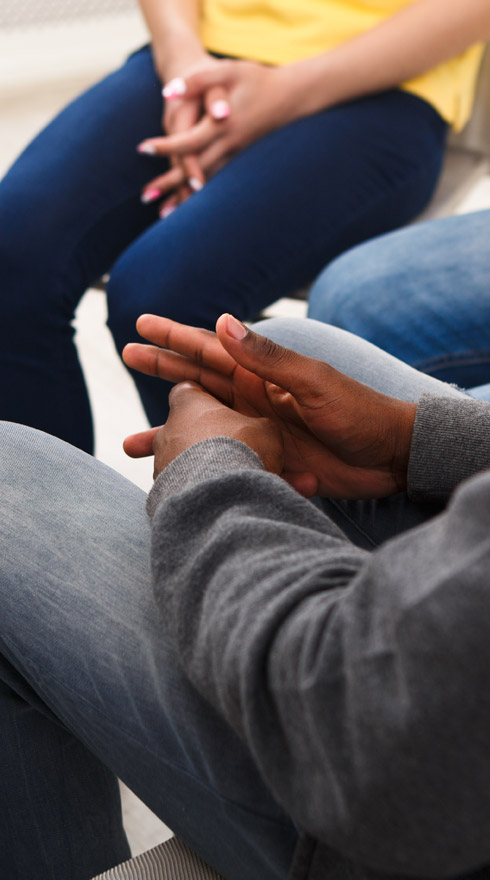
The following state-funded addiction rehab programs are available in Gilroy:
Advent Group Ministries Gateway Home
1960 Church Avenue, San Martin, CA 95046
408-281-0708 x107
www.adventgm.orgSouth County Clinic (SoCo)
90 Highland Avenue, Building J, San Martin, CA 95046
408-852-2420
bhsd.sccgov.org/Advent Group Ministries Summit Ranch
1200 West Edmundson Avenue, Morgan Hill, CA 95037
408-281-0708
www.adventgm.org
Maintaining Addiction Recovery in Gilroy
You may find some initial difficulties when first leaving treatment. The rehab environment was controlled and safe, and you were given professional support. When you depart rehab there will be some new challenges that you will have to learn to cope with. Long term sobriety is more difficult to maintain when you have had a severe dependency and do not have social support when you leave rehab. Without the relevant support and aftercare to guide you in your new life, relapse is a real possibility.
The following AA/NA meetings are available in Gilroy:
GILROY HOME GROUP
Gilroy Home Group, Basic Text and Open:
8833 Monterey Rd., Gilroy, CA, 95020
Wednesday: 7:00 pm
https://www.drugstrategies.org/GOOD SHEPHERD LUTHERAN CHURCH
“Wherever You Go…Group, Discussion/Participation, Speaker and Open:
1735 Hecker Pass Road, Gilroy, CA, 95020
Sunday: 8:00 pm
https://www.drugstrategies.org/AA - Beginners Gilroy
Open and Wheelchair Access:
7511 Gourmet Alley, Gilroy, CA, 95020
Wednesday: 7:00 pm – 8:00 pm
https://alcoholicsanonymous.com/
Aftercare & Alumni Programs
Aftercare programs are an extension of rehab once you leave the rehab center. Because it’s hard to predict what could happen in day-to-day life, as many as 60% of clients in recovery experience relapse, this makes extended aftercare an essential part of long-term recovery. As you get closer to finishing your treatment program, you may be thinking about which services will support you in your long term recovery.

We can develop an aftercare package that supports you. One of the many benefits of finishing rehab is taking part in an alumni community program, which entitles you to liaise with peers and staff as a community based recovery community. This fantastic network gives you access to our Alumni events, as well as ongoing support and encouragement from other recovering members. This gives you a perfect opportunity to reciprocate and encourage other individuals in recovery.
Support Groups (Fellowship Meetings)
With the help of support group events you can enable a support structure that is important to your long-term sobriety. By taking part in recovery groups like Narcotics Anonymous or Alcoholics Anonymous, you can continue the principles of the 12 steps and attend local meetings for recovery support. By attending nearby support group meetings you will listen to, and learn from, the recovery stories of other members. Through companionship and committing to the 12-steps, individuals in recovery will feel able to take responsibility for themselves and protect those that love them.
Support for Families & Children Affected by Addiction
Some people in an addicted household are damaged more than others. The person with the addiction issues needs support, but other family members need support and guidance too. Family support groups teach you affective coping tools for your own life and help you to offer more support to the loved one who has the dependency. Family members will benefit from participating in support groups such as:
- NAMI Family Support Groups
- Al-Anon
- Families Anonymous
- Alateen
- Nar-Anon
- Parents of Addicted Loved Ones
- SMART Recovery Family & Friends



